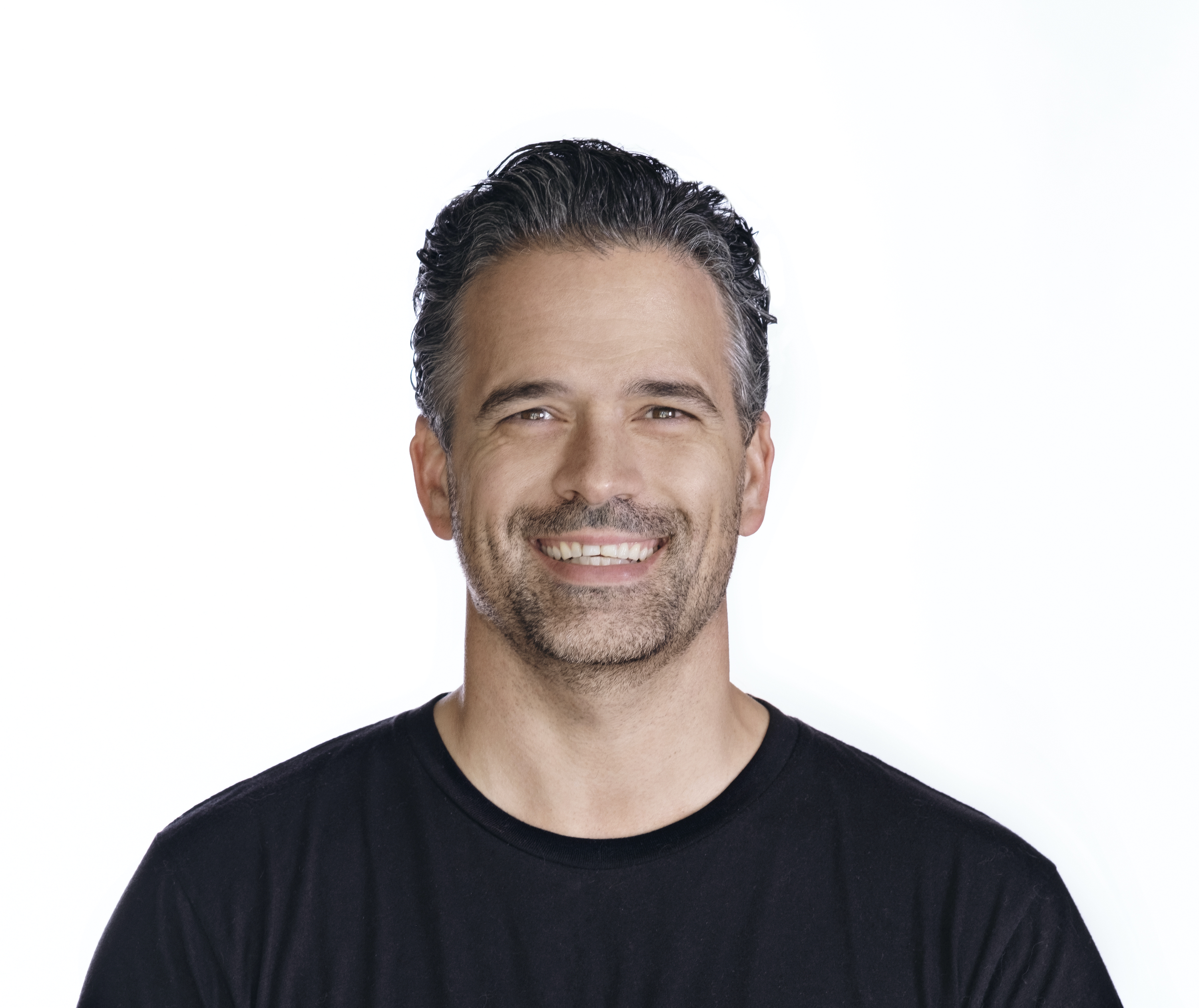Locus of Control: The Mindset That Shapes Your Career (And How to Shift It)

Jesse Wisnewski


Professional Development
I’ve met a lot of professionals over the years. Some move forward no matter what happens. Others seem to hit the same wall again and again.
It’s rarely about intelligence, opportunity, or skill.
It’s about mindset.
Specifically, it’s about where they believe control comes from.
You’ve probably noticed it too.
There’s that coworker who bounces back quickly after things go wrong. Then there’s another who blames the market, the boss, or the system. Same job. Same circumstances. Different outlook.
This isn’t just a motivational idea. It’s what psychologists call locus of control. And if you learn to understand it, it can change how you lead, grow, and show up in your work.
Here’s what we’ll walk through together:
- What locus of control is and why it matters
- A real-world example
- What it means to act faithfully, not forcefully
- How to tell where you lean
- How to shift toward internal control
- How your mindset shapes the way you lead
- A final reflection to carry with you
Let’s get into it.
What Locus of Control Is (and Why It Matters)
Back in the 1950s, psychologist Julian Rotter introduced the idea of locus of control—a way to describe how much influence people believe they have over what happens in their lives.
If you have an internal locus of control, you believe your choices and actions shape outcomes. You believe your work, effort, and persistence matter.
If you have an external locus of control, you believe what happens depends more on luck, fate, or other people.
It’s not that one is right and the other is wrong. Most of us move between both depending on what’s happening. But where you spend most of your time matters.
People who lean internal usually take more initiative. They see setbacks as opportunities to learn. They stay grounded and keep going when things get tough.
Those who lean external often feel helpless. They wait for permission. They get stuck in the mindset that life is happening to them instead of through them.
Research backs this up. Studies published by Verywell Mind and BetterUp show that professionals with an internal locus of control tend to have higher job satisfaction, better performance, and lower stress.
It’s not about working harder. It’s about believing your work matters.
A Tale of Two Responses
Let me show you what this looks like.
Two project leads face the same problem. A major client suddenly backs out.
Alex says, “We didn’t anticipate their needs. Let’s figure out where our process broke down.”
Taylor says, “That client was impossible. This stuff always happens to me.”
Same situation. Same outcome. Different mindset.
Alex looks inward and finds something to improve. Taylor looks outward and finds someone to blame.
Only one grows.
Internal Doesn’t Mean Controlling Everything
Here’s something important to clear up.
Having an internal locus of control doesn’t mean you try to control everything. It means you take responsibility for what’s in your reach while trusting God with the rest.
Psalm 90:12 says, “Teach us to number our days that we may get a heart of wisdom.”
You and I don’t control our days. But we steward them.
This is where God’s sovereignty meets our responsibility. We act faithfully because God calls us to diligence, not because we can guarantee outcomes.
You don’t have to be in control of everything to live responsibly. You just have to be faithful in what you can influence.
Where Do You Lean?
Take a minute to think about this.
- When something goes wrong, do you look at what you could’ve done differently or at who else to blame?
- When things feel uncertain, do you freeze until you get more clarity or take a small step forward?
- When you talk about challenges, do you often say, “That’s just how things are,” or “Here’s what I can do next”?
These questions aren’t about guilt. They’re about awareness.
We can’t change what we don’t notice.
Once you see where your mindset tends to lean, you can begin to shift it—slowly, intentionally, and with grace.
5 Ways to Shift Toward an Internal Locus of Control
Here’s the good news. You can train yourself to develop a stronger internal locus of control.
It’s not about forcing confidence. It’s about growing in awareness and faithfulness over time.
Let’s walk through a few steps that make this real.
1. Reflect daily with ownership
When something doesn’t go the way you hoped, pause and ask, “What was mine to control here?” End each day by writing down one moment where you took ownership—big or small. This habit strengthens your sense of agency and keeps you learning.
2. Reframe challenges as invitations to grow
Romans 5:3–4 says, “Suffering produces perseverance; perseverance, character; and character, hope.” When life feels hard, it’s not always a setback. It’s often an invitation to maturity. The more you see challenges this way, the less power they hold over you.
3. Focus on what you can actually influence
Make a short list every morning: your attitude, your effort, your words, your prayer life. Start there. When things outside your control pile up, pray over them and release them to God. This keeps your energy focused on what you can faithfully do instead of what you can’t fix.
4. Set process goals, not just outcome goals
You can’t control results, but you can control habits.
Instead of aiming for “get promoted,” aim for “schedule weekly check-ins with my manager” or “finish one development course this quarter.” This mindset turns big goals into daily faithfulness.
5. Root your growth in grace, not grit
You’re not doing this alone. Philippians 2:13 reminds us, “It is God who works in you to will and to act in order to fulfill his good purpose.” Your growth isn’t powered by willpower. It’s fueled by grace.
When you see change as a partnership with God, you stop striving for control and start resting in purpose.
Leading Others: How Your Locus Shapes Culture
If you lead people, your mindset doesn’t stay hidden. It shapes the whole team.
A leader who learns internally owns mistakes, invites feedback, and encourages others to do the same. When things go wrong, they say, “I could’ve communicated that better,” or “Let’s learn from this.”
That kind of posture builds trust. It turns fear into learning.
Here are a few ways to live this out:
Model ownership
When something breaks, take responsibility first. It sets the tone for accountability without blame.
Ask better questions
Instead of “Who dropped the ball?” ask, “What part of this can we control moving forward?” It shifts focus from problems to progress.
Reward effort, not just results
Celebrate persistence, creativity, and consistency. People will mirror what you value most.
Connect work to callingRemind your team that their work matters because it’s part of God’s plan, not just the company’s plan. Colossians 3:23 says, “Whatever you do, work heartily, as for the Lord and not for men.”
When leaders see control as stewardship, not domination, it builds cultures where responsibility feels empowering—not exhausting.
Final Thought
You can’t control everything. But you are responsible for something.
Your mindset. Your choices. Your response.
Every day is an invitation to steward those things well—to trust God with the big picture while doing your best with what’s in front of you.
Control isn’t about holding tight. It’s about showing up faithfully.
So ask yourself:
- Where have you been letting circumstances steer you?
- What’s one small thing you can take ownership of this week?
Start there.
When you choose ownership over blame, you’ll find freedom. And when you trust God with the rest, you’ll find peace.











